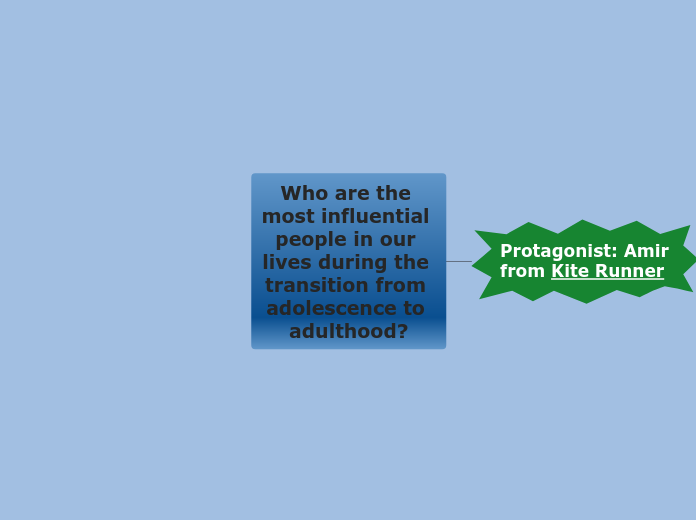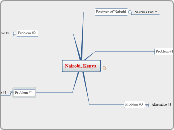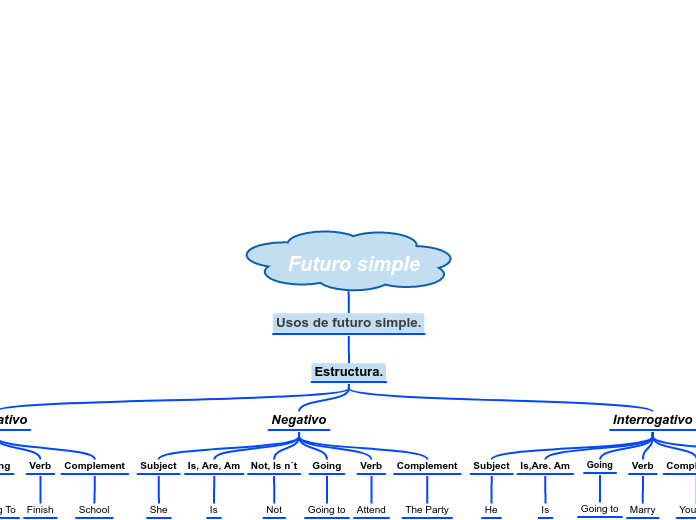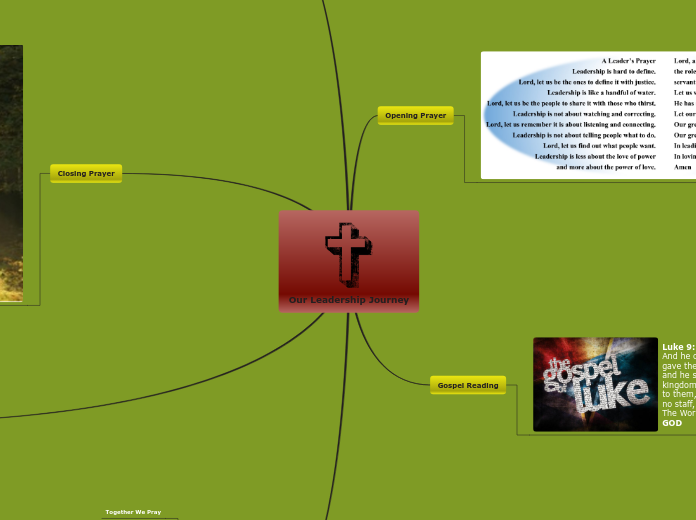Who are the most influential people in our lives during the transition from adolescence to adulthood?
Protagonist: Amir from Kite Runner
Assef: A bully from Amir's childhood that raped Hassan and became a member of the Taliban
Amir was so traumatized by the things that Assef did to Hassna and that haunted him for the rest of his life. He finally met him again when he was looking for Sohrab, but he did't know it was Assef at first.
"His name rose from the deep and I didn't want to say it, as if uttering it might conjure him. But he was already here, in the flesh, sitting less than ten feet from me, after all these years. His name escaped my lips: 'Assef'" (Hosseini 281).
After such a long time, just one person can bring back the worst memories of someone's childhood. When he realizes the person that he is talking to is Assef, he doesn't even have the strength to say his name at first because Assef impacted him so much and completely traumatized him.
Coming of Age: This represents lack of power because when Amir sees Assef for the first time since he raped Hassan, all the memories come back to him about how he did nothing to stop Assef from raping Hassan and how it could've been prevented if he had done something. All these memories come back to him and make him weaker than he already is in the moment.
Baba: Amir's father
Amir eventually found out that his whole life had been a lie. Baba had kept a very important secret from Amir. This changes Amir's view on Hassan because he is more important to Amir now that he knows they are related.
"And a thief of the worst kind, because the things he'd stolen had been sacred: from me the right to know I had a brother, from Hassan his identity, and from Ali his honor" (Hosseini 225).
This shows that Baba was being hypocritical of his own teachings. He tried to teach Amir that lying was a sin and that lying shows weakness. He completely goes against this by keeping a secret from Amir for his enitre life. This shows how Baba influenced Amir to believe that lying is one of the worst things that a man can do which is why Amir was always honest.
Coming of Age: This represents fallibility of adults because Amir realizes that not all parents/adults are perfect. Baba taught Amir to never lie because it was a sin, yet Baba kept a life changing secret from Amir for his entire life and lied about it. From this, Amir learns that some adults can be weak too and that they themselves do not always go by their teachings.
Baba never appreciated Amir's attitude when facing crisis in his life so Amir would always characterize himself as a coward.
"'A boy who won't stand up for himself becomes a man who can't stand up to anything'" (Hosseini 22).
This shows how Baba is trying to be a good influential father by trying to teach Amir that if you stand up for yourself as a child, you will have the confidence to stand up for yourself as an adult. This goes a long way for someone like Amir because he was a coward for most of his childhood.
Coming of Age: This represents lack of power because Amir does not have any confidence to stand up for himself which means he will not seem powerful to anyone and continue to be characterized as a coward.
Amir lacks navigational capital because he is unable to stand up for himself and he has someone else do it for him. An example is that he avoids confrontation with bullies and he forced Hassan to step in and protect him while he shied away, looking like a coward.
Hassan: Amir's servant and best friend as a child. Secretly his half-brother
Hassan becomes even more important to Amir after he finds out that they are half-brothers
Hassan plays with Amir as a child, and so Amir thinks of Hassan as a brother more than a friend which is a crucial factor to their relationship.
"I treated Hassan well, just like a friend, better even, more like a brother" (Hosseini 41).
People tend to rarely stay in touch with their childhood friends because everyone went their separate ways. Hassan is Amir's only childhood friend, so their close relationship allowed them to always be together from childhood to adulthood which is why Hassan was so important to Amir.
Coming of Age: This represents transition from immaturity to maturity because without an alternative thought process by his side (a.k.a Hassan), Amir would have been a completely different adult and he would have been a coward for all of his life.
Rahim Khan: Baba's best friend and business partner
Rahim recognizes that Amir has been given the gift of writing and he want Amir to continue to write and to appreciate the gift that God has given him. Rahim writes Amir a letter about this.
"Amir jan, I enjoyed your story very much. Mashallah, God has granted you a special talent. It is now your duty to hone that talent, because a person who wastes his God-given talents is a donkey. You have written your story with sound grammar and interesting style. But the most impressive thing about your story is that it has irony. You may not even know what that word means. But you will someday. It is something that some writers reach for their entire careers and never attain. You have achieved it with your first story. My door is and always will be open to you, Amir jan. I shall hear any story you have to tell. Bravo. Your friend, Rahim" (Hosseini 32-33).
Rahim praises Amir for his work that he did and tell him that he has achieved something in writings that all other writers strive for in their careers. This gives Amir confidence that he may actually have a hopeful future in a profession that he enjoys.
Coming of Age: This represents acknowledgement of the pleasures that the future might bring because after Rahim explains to Amir that Amir has a special God-given talent, he feels that he may have something to look forward to in the future and he can continue to write.
In this situation, Amir gains aspirational capital because he is able to maintain hopes for the future with the information that Rahim has given him about his talent. This gives Amir the opportunity to become resilient because even though his father may not accept the fact that he is a good writer, he knows deep down that this may actually be his future based on the letter that Rahim wrote to him.
Rahim writes Amir a letter about how Baba was torn because he was unable to treat Hassan like his son because he had to keep it a secret so he took his guilt out on Amir.
"Amir jan, I know how hard your father was on you when you were growing up. I saw how you suffered and yearned for his affections, and my heart bled for you. But your father was a man torn between two halves, Amir jan: you and Hassan. He loved you both, but he could not love Hassan the way he longed to, openly, and as a father. So he took it out on you instead- Amir, the socially legitimate half, the half that represented the riches he had inherited and the sin-with-impunity privileges that came with them. When he saw you, he saw himself. And his guilt. You are still angry and I realize it is too early to expect you to accept this, but maybe someday you will see that when your father was hard on you, he was also being hard on himself. Your father, like you, was a tortured soul, Amir jan" (Hosseini 301).
Rahim explains to Amir how Baba would always take out his anger on Amir because he always felt guilty and insecure about the secret that he was keeping from Amir and Hassan. This shows that Rahim knows that Amir's father may have been hard on him but only because he was so insecure and broken on the inside and he didn't know how to tell Amir. Explanations like the one Rahim gives Amir in this letter show how influential someone can be. By writing this letter to Amir, Rahim allows Amir to have a deeper understanding of why Baba kept this secret from him for so long.
Coming of Age: This represents fallibility of adults because Amir realizes that Baba was not always as strong and strict as he thought. He finds that Baba was very insecure and weak because he was guilt-ridden and full of despair because he was unable to tell Amir the truth.









